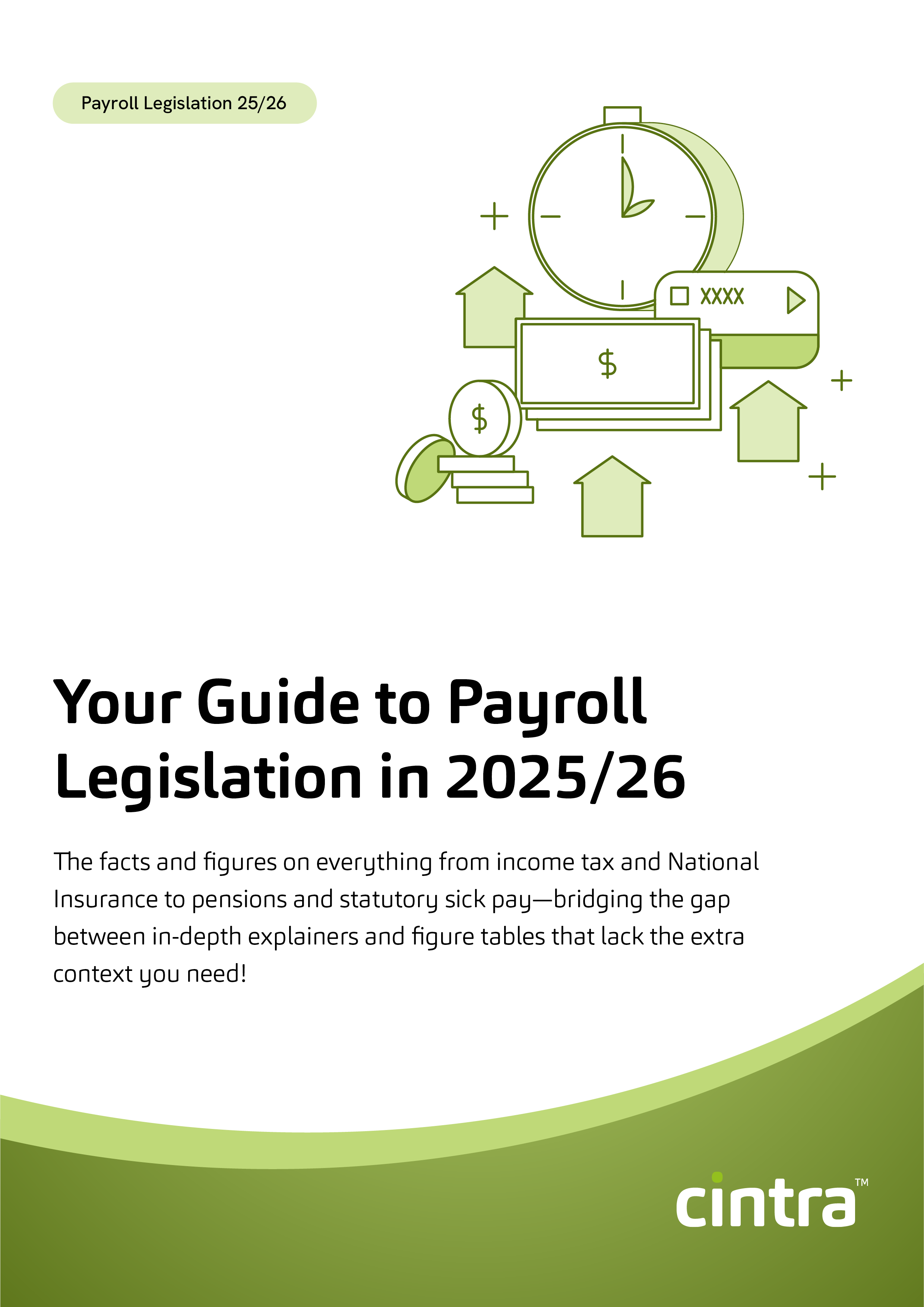Once your organisation has gone global, one of the biggest benefits for you is that now you can lure top talent to your team. And better yet, hopefully you can keep that talent. If you want that competitive edge, to stand out head and shoulders above your competition and attract incredible people, you’re going to need a solid global employee benefits strategy. With the right approach, your competitors will be hard pushed to match your package, no matter the salary they offer.
You want the best talent. That’s why you’re recruiting globally. So why not let them know they’re valued? The benefits you offer to your employees shows them what kind of organisation you really are. And, if you get it right out of the gate, you’ll save staff and money. Because recruiting, then onboarding, then losing staff due to poor packages will cost you dearly.
The importance of understanding local labour laws and regulations
It’s not just about what people want. It’s absolutely vital to understand the local labour rules and regs in each country you operate in.
Every country has its own set of rules and navigating them can be a bit of a headache. When implementing your global employee benefits programs, you need to make sure you’re aware of these key legal considerations for the country you operate in.
To do that, you’ll need to get to grips with government-mandated benefits or you’ll find yourselves in water hotter than a summer’s day in Mexico. Let’s break it down for you.
Statutory benefits vs supplementary benefits
Also known as statutory benefits, government-mandated benefits are benefits that you must provide to your employees to maintain global HR compliance. Examples of statutory benefits include paid annual leave, sick pay and maternity pay.
Let’s take time off as an example. Workers in France are legally entitled to a minimum of 5 weeks holiday each year, whereas in India they’re entitled to 12 days (and that’s if they’ve worked a minimum of 240 days over the year). Another example would be Statutory Maternity Pay in the UK, which is paid for up to 39 weeks, where pregnant women are entitled to 90% of their average weekly earnings for the first 6 weeks, and £172.48 or 90% of their average weekly earnings (whichever is lower) for the next 33 weeks. Compare this to Denmark where women receive a whopping 52 paid weeks of leave, which the father can share in too.
Then there are supplementary (or voluntary) benefits. This is where you can make a real difference and work towards that equity we were just talking about. Because these aren’t dictated by law and are the additional, voluntary benefits your company offers to your employees. Supplemental benefits can enhance statutory benefits. Examples include offering higher paid maternity leave, extra paid holiday leave and topping up retirement plan contributions.
Common types of global employee benefits
There are countless forms of global employee benefits that you can offer to your team. You might want to offer your loyal workers comprehensive health insurance to give them and their family that bit of peace of mind. Or retirement benefits, giving them the knowledge that they’ll be secure in their old age. But the key to getting benefits right in a global organisation is knowing what is actually going to feel like a true benefit in each of the regions your hires are in.
Let’s look in detail at some of the most common global employee benefits:
1. Health insurance
Health insurance is a common employee benefit, and depending on the plan offered, you can expect it to cover all manner of health expenses like trips to the doctor’s office, medication costs and hospital visits. In countries like the USA where the health system isn’t free, employees expect to have this as part of their package. In post covid-19 India, providing health insurance to employees has been made mandatory.
2. Retirement plans
Make sure your staff are cared for in their later years with a solid retirement plan. This could take the form of your company contributing to your employees in-country retirement or an independent pension plan.
3. Paid time off
This is basically your employees’ annual leave. Certain countries are mandated by law to offer a certain amount of time off, but it varies hugely from country to country. For those Stateside, it’s a mere 2 weeks, for workers in Europe, they can enjoy up to 5 weeks paid leave.
4. Disability insurance
Provide a safeguard for your employees from losing income if they’re unfortunate enough to have an injury or illness that stops them from working. There are two types of disability insurance: short-term and long-term, and they’re pretty self-explanatory. A worker needs a short amount of time off due to their injury, or they’ll need longer-term respite as their disability may be more severe.
5. Parental leave
For new parents, parental leave makes sure new mums and dads can spend time adjusting to their new circumstances of dealing with pregnancy and then having a newborn to handle. And of course, you’re going to need to know the usual rules and regs for each country you’re operating in. While some countries offer huge maternity benefits (like Bulgaria with its incredible 410 days of full pay!) others are a little more stingy (looking at you USA!).
How going global has impacted the world of employee benefits
Having to compete in the global space means that your employee benefit plans need to be fair across the board. Obviously, there are huge disparities between costs and standards of living around the world and there are differing statutory benefits in every country.
Because of globalisation (the fact that your people are chatting to each other worldwide) you’ll need to make sure your company benefit programs are equitable. What does that mean? It means that regardless of location, your people enjoy the same standard of living and benefits as their counterparts anywhere else in the world.
The word ‘equity’ is key. It’s not about making everything the same. What works in London or New York won’t necessarily work in Mumbai or Shanghai. So when you’re planning your employee benefits, cultural differences and preferences obviously have to be taken into account.
Why cultural differences matter
Before you can get started with designing your benefits package, it’s important to know what’s important where! Understanding the standards in each of the countries you operate in will help you tailor your offer to be truly competitive… Here are some interesting examples:
- Sweden: Sweden boasts the world’s fourth-happiest for workers and an amazingly high employment rate. It’s safe to assume that Swedish workers may expect stellar benefits, on top of their generous statutory benefits, as part of a normal job package. Being such a competitive labour market means that employers may offer such supplementary benefits as enhanced health insurance, life insurance dental and optical insurance and gym membership.
- Brazil: In Brazil, insurance is a common supplementary benefit for employees. It’s become expected for companies to offer their teams group life insurance, which is based on a worker’s gross salary and can be expected to be up to 36 times the annual salary. Then there’s the private health insurance, with one in four Brazilian’s enjoying private health coverage.
- India: Supplementary benefits offered in India may include transportation of workers, either by a shuttle or taxi to make sure workers, especially those who may have to work late, arrive safely and on time. Companies may offer potential workers a relocation allowance for their troubles, and/or pay for accommodation in the initial weeks when the employee first relocates.
Lack of consideration into the local culture of your employees, and thus your benefits package, can come off more than a little tone deaf. It can lead to reputational damage and make global recruitment harder than it already is!
But there’s an easy answer… Do. your. research. Work with an outsourced HR partner. Talk to trusted, local sources. Consult your employees themselves.
Ask them questions such as:
- What’s important to them?
- What do they value?
- What do they actually want?
Get to know what matters most to your employees and you’ll be richly rewarded with top talent. Who’ll stay loyal to your company for years to come.
Global trends in employee benefits
To stay ahead of the talent-retention game, you’re going to want to keep your eye on the ball with the top global employee benefits trends. No matter where you and your team are in the world, these trends tend to span countless markets and are likely to affect your people at some point. So, what are they?
1. Flexible working hours
Your people want a work-life balance. They want a job where they won’t have to shove their kids into an after-school club every night of the week or pass their spouses like ships in the night. Your team wants more paid time off. Heck, they even want a shorter working week! Post-pandemic, people now more than ever are appreciating a work-life balance and you’d be wise to find out if this is something that your employees would value, particularly focusing on the different areas of employee mobility.
2. Wellness programs
Employee mental health tanked during the pandemic and the soaring cost of living only adds to the pressures of everyday life for your team. We’re only human. And if your team needs that little bit of extra support, there are wellness options available such as mindfulness apps, counselling or even online support groups (particularly helpful for remote, global teams).
Other options to bolster your employees’ wellness are subsidised gym memberships and even supplement subscriptions.
The bottom line? A healthy, happy team member means better productivity and better retention. And that makes things better for you too!
3. Remote work options
Trudging into the office 5 days a week is a thing of the past these days, at least for many people around the world. Whether they’re logging in from their own back garden or a café in Venezia, your people don’t want to be shackled to an office anymore. Working remotely gives your employees that sweet freedom and flexibility to plan their work around their life, not vice versa. It gives them flexibility to attend appointments, do the school run and take their miniature dachshund for walkies.
How can Cintra Global help?
Let’s face it. There’s plenty to think about. You’ve got to navigate endless complexities, comply with legal requirements and cultural differences. The good news is Cintra Global can help.
With our global HR services, we’ll assist you in setting up in-country benefits, as well as sourcing supplementary benefits and setting them up too.
You’ll enjoy access to our experts who’ll guide and advise you the whole way through. You’ll get all the support you need to make sure you’re getting it right. Get in touch today to talk about how we can make that happen.


